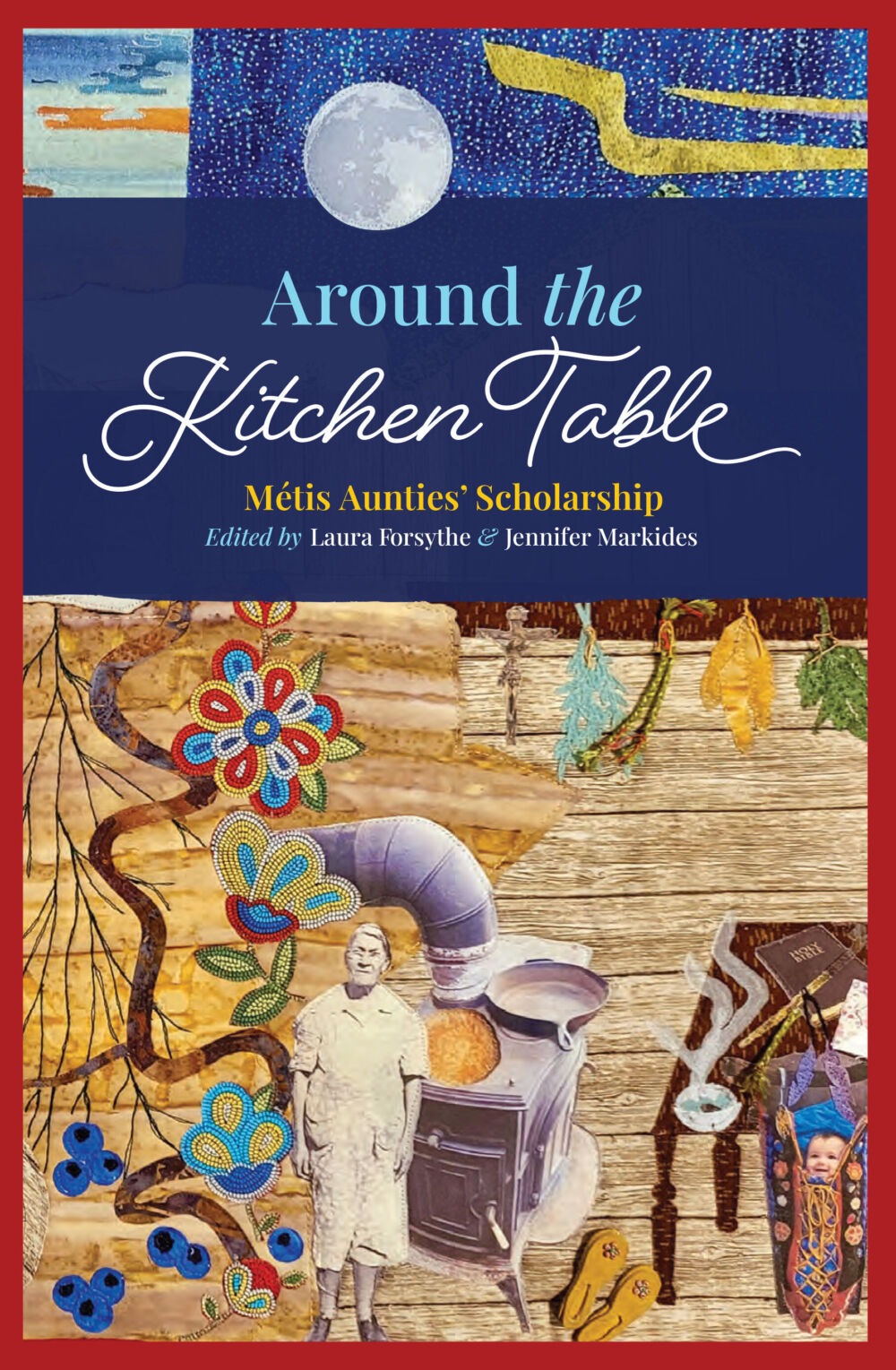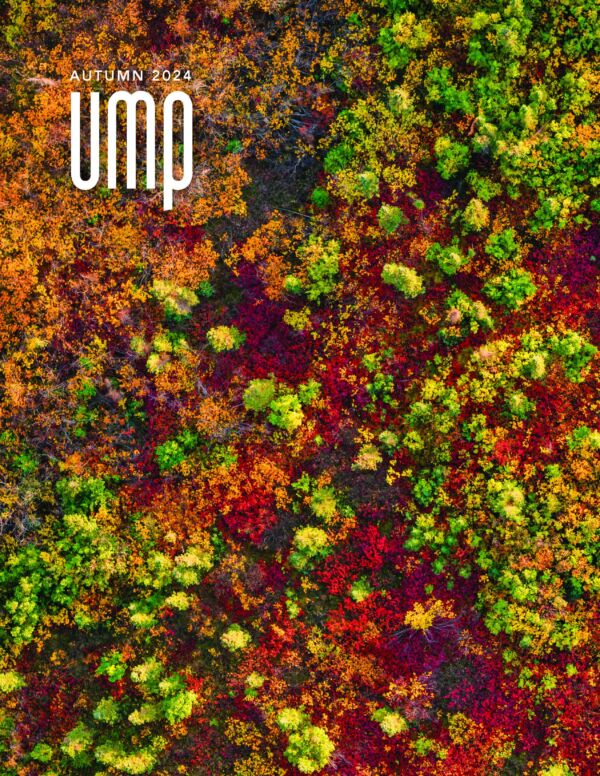
For National Indigenous Peoples Day, we're sharing a reading list of books by Indigenous authors and scholars focused on contemporary themes. These books celebrate the work of Métis women scholars, offer an impassioned argument for an Indigenous-led education system, and explore the connection between creative expression and well-being.

Rooted in the belief that Indigenous education should be governed and administered by Indigenous peoples, Leo Baskatawang envisions a hopeful future for Indigenous nations where their traditional laws are formally recognized and affirmed by the governments of Canada. Reclaiming Anishinaabe Law details the efforts being made in Treaty #3 territory to revitalize and codify the Anishinaabe education law, Kinamaadiwin Inaakonigewin.
"The key to Indigenous cultural resurgence rests in the hands of our own people, who can identify the ways in which we can use our traditional laws to eradicate our systemic oppression. That said, our cultural resurgence does not mean a return to the past, an impossible undertaking anyway; rather, it is the recreation of cultural and political autonomy that we enjoyed in the past in order to support the well-being of our people today."
—Leo Baskatawang, Chapter One, Reclaiming Anishinaabe Law

With writing by Emma LaRocque and other forerunners of Métis studies, Around the Kitchen Table looks beyond the patriarchy to document and celebrate the scholarship of Métis women. Focusing on experiences in post-secondary environments, this collection necessarily traverses a range of methodologies to deliver an expansive, heartfelt, and accessible community of Métis thought.
"My wife and I are doing our best to raise our daughter with self-determination according to Michif ways of knowing and being, grounded in kinship. Reclaiming ceremonies surrounding pregnancy, birth, parenting, and rites of passage ensure our daughter will grow up securely in her identity as Michif, in her Michif family, culture, and nation, and in relationship with our Sundance, Midewiwin, and Two-Spirit communities."
—Chantal Fiola, Chapter 8, Around the Kitchen Table

In The Arts of Indigenous Health and Well-Being, Indigenous knowledges inform an approach to health as a wider set of relations that are central to well-being. The collection reveals the ways artistic expression furthers cultural continuity and resilience, community connection, and kinship, and pushes back against forces of fracture and disruption imposed by colonialism.
"Art teaches us to return to the well-being of our sensing, intuitive body as something to acknowledge and trust. As we bravely make artworks that tell the many complicated and beautiful stories of how we experience our own lives today, we create places to share our voices in healing."
—Adesola Akinleye, Chapter 3, The Arts of Indigenous Health and Wellbeing
Posted by U of M Press
May 30, 2024
Categorized as Reading Lists
Pride Month Reading List Indigenous History Month Reading List




